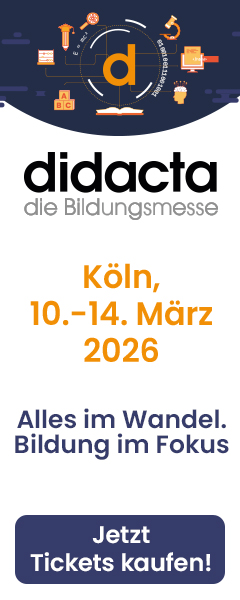How to Meet the Learning Needs of a Hybrid Workforce
 Dunfermline (SCT), June 2022 - "Embracing eLearning as a Hybrid Workforce", the recently published whitepaper from one of Scotland's leading digital learning and assessment specialists, eCom Learning Solutions, assesses the changes in learning needs and delivery in the aftermath of the Covid 19 pandemic.
Dunfermline (SCT), June 2022 - "Embracing eLearning as a Hybrid Workforce", the recently published whitepaper from one of Scotland's leading digital learning and assessment specialists, eCom Learning Solutions, assesses the changes in learning needs and delivery in the aftermath of the Covid 19 pandemic.
The whitepaper examines the importance of being strategic, using a learning management system (LMS) to support blended delivery, making learning accessible to all, and having online and offline capability.
According to eCom's Managing Director, Wendy Edie, "In only a couple of years, the eLearning and edtech industries have changed to suit the learning needs of an increasingly flexible workplace. As workers return to offices in the pandemic's aftermath and, with the growth of the green agenda - wanting to reduce the costs associated with face-to-face training activities - organisations are increasingly open to adopting technology-enabled blended learning solutions.
"This poses challenges for learning and development (L&D) professionals, as they look to curate and deliver this blended approach, while also keeping learners' training records accurate."
The whitepaper argues that it's important to take a strategic approach to L&D activities - and to facilitate these activities via technology. It stresses that the key to designing impactful training is undertaking needs analyses to select an L&D approach that aligns with the organisation's goals and overall strategy.
Similarly, as today's hybrid workforce consumes learning materials at various times, from a variety of sources and via various delivery methods, L&D professionals who are responsible for managing and monitoring these learning activities should have access to a competent LMS to help them do this. Emma Dickson, a learning technologies specialist at eCom, commented, "As part of a blended approach, learning that can be accessed from anywhere via an LMS, such as eCom's eNet Learn, can also allow learners to book onto face-to-face training, perhaps via Teams or Zoom, within the learning environment itself."
The whitepaper also advocates making eLearning accessible to all, ensuring that no would-be learners face discrimination through being unable to access learning materials online. Emma Dickson believes that key considerations for creating accessible eLearning are selecting the most appropriate LMS; building the course (to ensure, among other things, that it's fully accessible); and creating the content in conjunction with a professional instructional designer.
Research by eCom has found that, in a typical workplace, the standard wifi router, designed to handle up to five connections, is handling at least ten PCs/laptops, eight smartphones, two printers, and a couple of other peripherals such as external hard drives or a security camera.
Where digital learning delivery is concerned, learners need fast, reliable internet connections, so this poses challenges when, in addition, learners and L&D professionals need a constant connection to upload files (perhaps carrying the results of competence-defining eAssessments).
The whitepaper explains that this has led eLearning and eAssessment market leaders to offer online and offline delivery of learning materials, synchronising learning and assessment. Some technology companies, such as Google and Microsoft, have introduced offline extensions to their products, as they recognise the business and education world changing, thereby opening up opportunities for organisations in areas that were previously unreachable by technology.










